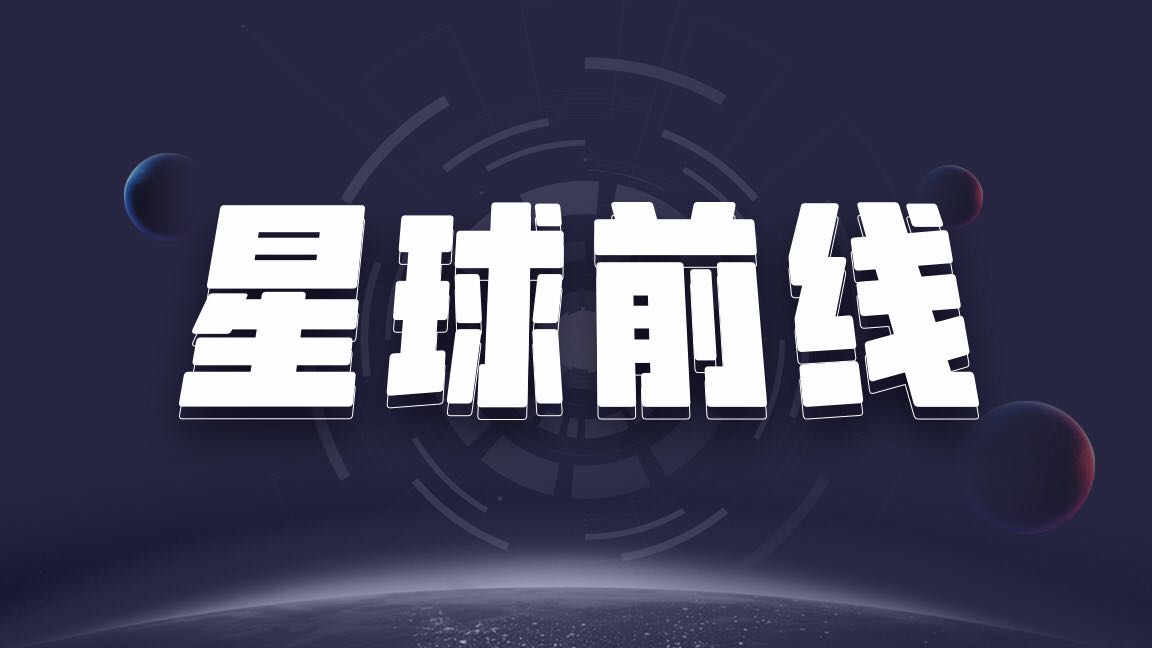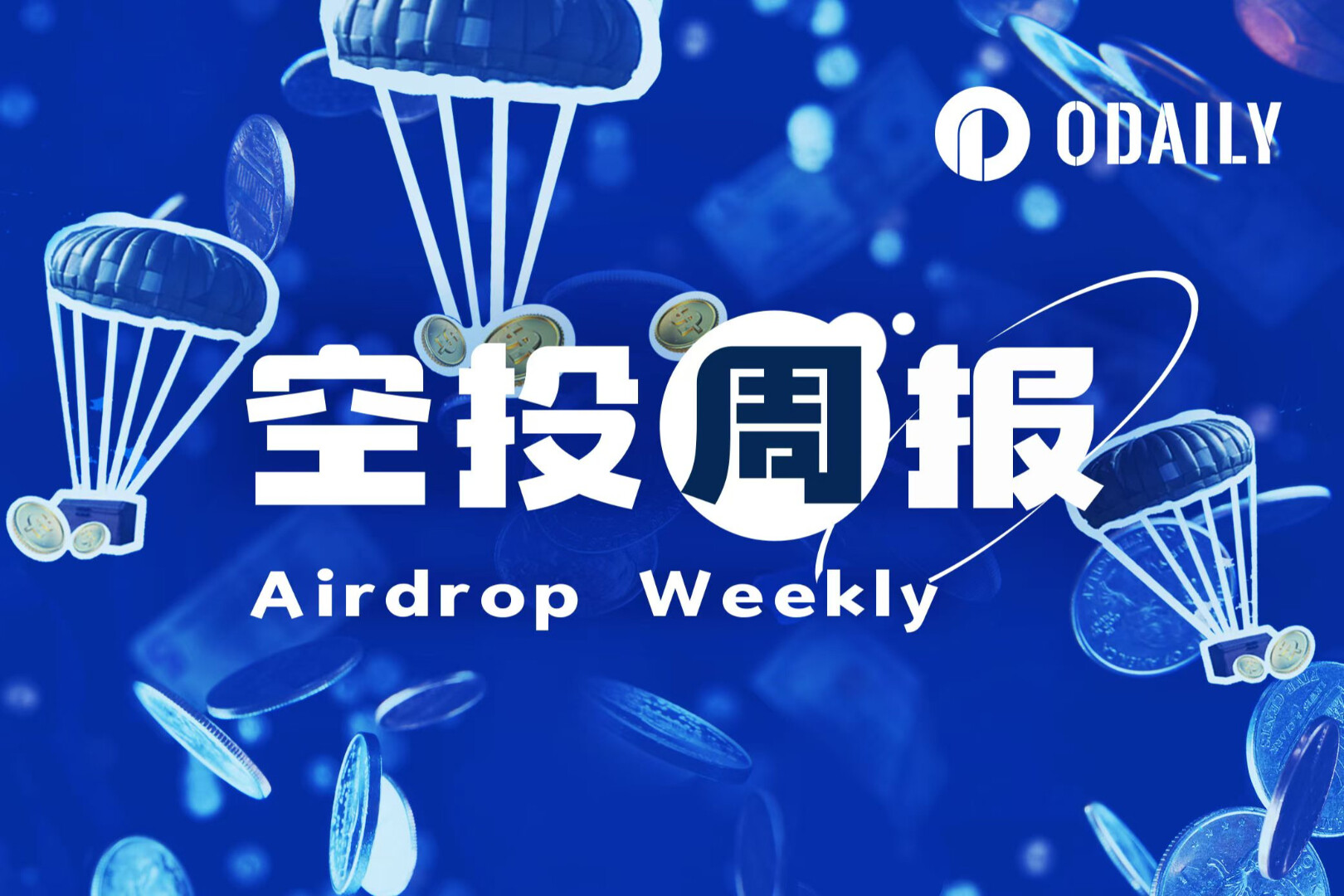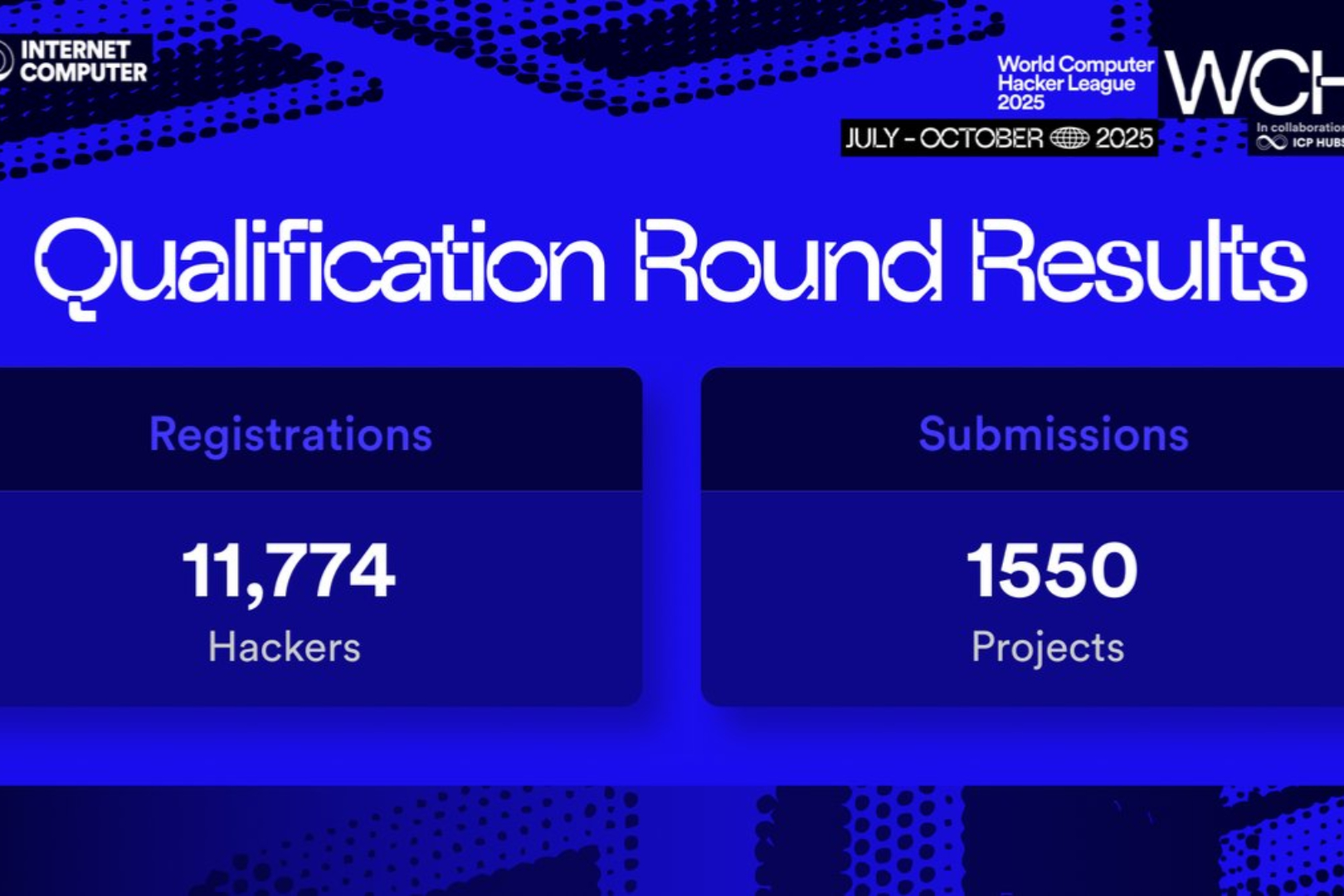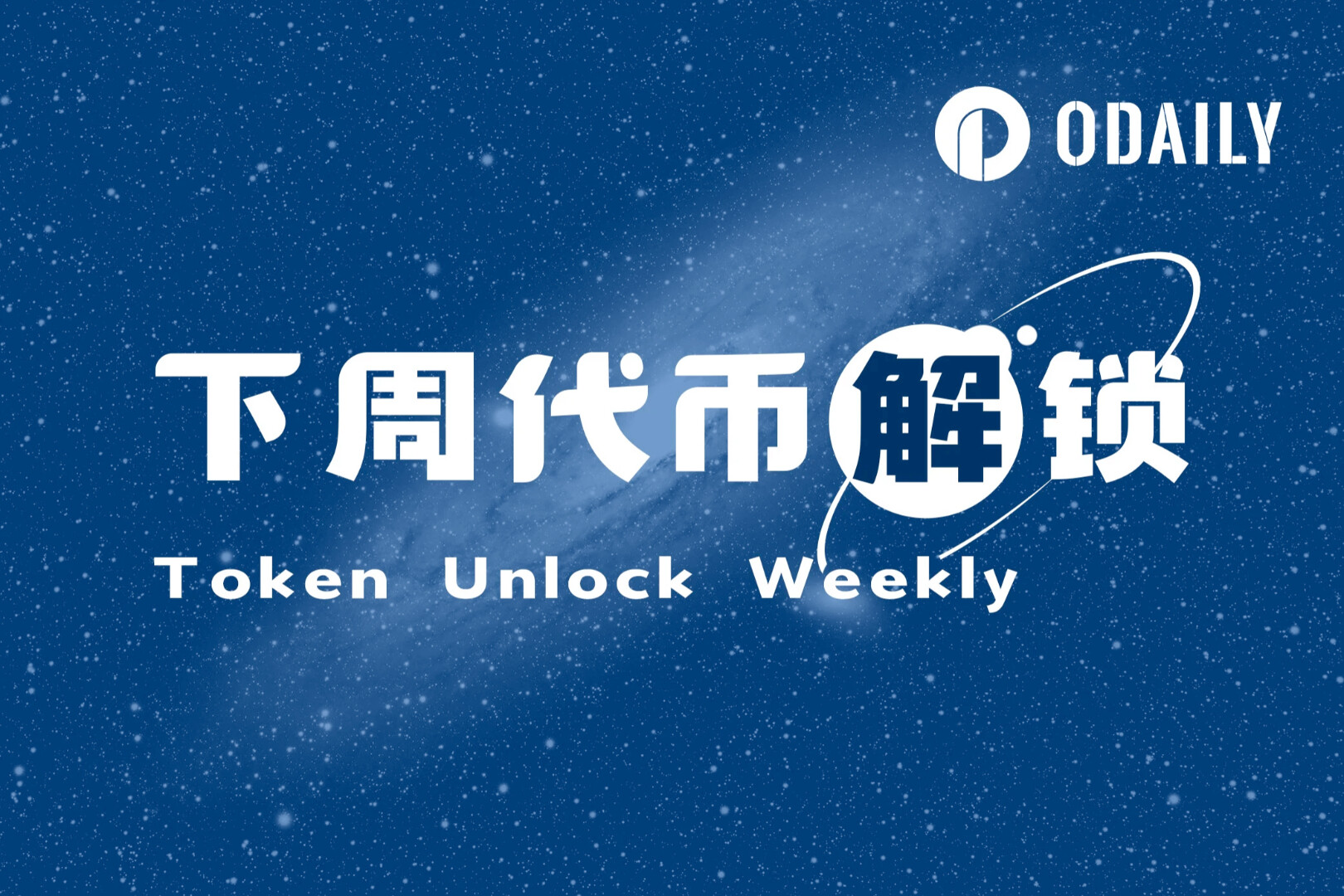This article comes fromDecrypt, original author: Stacy Elliott
Odaily Translator | Nian Yin Si Tang

Odaily Translator | Nian Yin Si Tang
US SEC ThursdayAnnounceAnnounce
, cryptocurrency exchange Kraken will "immediately" end its crypto staking-as-a-service (staking-as-a-service) platform services to U.S. customers and will pay a $30 million fine to the SEC for offering unregistered securities. allegations. Kraken's holding companies, Payward Ventures, Inc. and Payward Trading Ltd., will terminate staking services and programs, the SEC said. These projects have been offering staking services to the public since at least 2019.
Just a day ago, Coinbase CEO Brian Armstrong tweeteddisclosedisclose
, he heard rumors that “the SEC wants to ban cryptocurrency staking services for retail investors in the United States.”
On the surface, this might sound like bad news for all cryptocurrency staking services, but it might not be. According to data from CoinGecko, the governance tokens of Lido and Rocket Pool, two of the largest pooled staking (joint staking or “big pool subclass staking”) services, have both surged 11% in the past day.
This is a sign that the market believes that centralized exchanges like Kraken and Coinbase should be worried, rather than the rest of the industry. Over the past day, Coinbase Wrapped Staked ETH (cbETH) sales have outstripped purchases by an almost 3:1 ratio, according to data from GeckoTerminal.
Staking assets on proof-of-stake networks like Ethereum help keep the network running. They are the way for validators (whose hardware stores data and processes new transactions) to prove their participation in the game. Validators are rewarded for participating in network activity, but may lose some staked assets due to inactivity or other irregularities.
Becoming an independent Ethereum (currently the largest proof-of-stake network) validator is not easy for most retail investors. Users need 32 ETH, which is worth about $48,000 at current prices. And users with small amounts of ETH to stake turn to staking-as-a-service and pooled staking providers.
Users have two different options: direct staking and liquid staking. The latter aims to give users the best of both worlds: they get a validator reward for deposited ETH, and also get a token that can be redeemed for their pledged assets, traded or used as collateral Taste.
As a category, the 65 liquidity staking protocols tracked by DeFi Llama represent $12 billion, or 26%, of the $47 billion in assets in the DeFi ecosystem. This means they are the third largest category behind the $13 billion used for lending and $19 billion on decentralized exchanges.
Over $11 billion in liquid collateralized protocol assets is Ethereum. Among the 16 protocols that support ETH staking, Lido leads by an absolute margin. It accounts for $8 billion, or 75%, of the funds deposited.
It appears that part of the SEC’s problem with the Kraken project is that the exchange has oversimplified staking in order to reduce the fear of retail investors. Part of the SEC complaint challenges Kraken’s own determination of the returns customers will receive, rather than the variable rate of return determined by the protocol.
“Defendants determine these returns, not the underlying blockchain protocol, and the returns are not necessarily dependent on Kraken’s actual returns from staking,” the SEC wrote.
By doing so, Kraken makes itself an intermediary, Alex Mogul, Republic Crypto's senior director of staking and infrastructure, told Decrypt.
“When you deposit to Kraken, Kraken handles the calculations, which is much easier than trying to switch the network you’re using, and then pressing a transaction to delegate the stake. It’s really complicated.”
“Staking on Coinbase is still available, and staked assets continue to earn protocol rewards. It’s clear from today’s announcement that Kraken is actually offering a yield product,” Coinbase Chief Legal Officer Paul Grewal said in a statement a few days ago. middleexpressexpress
, “Coinbase’s staking service is inherently different in that it is not a security. For example, our clients’ rewards depend on the rewards paid by the protocol, as well as our disclosed commissions.”
Mogul, who oversees the Runtime staking-as-a-service product at Republic Crypto, said she would like to see software — like better-designed wallets — fill the void that centralized exchanges may have left in terms of staking options.
“I still think we can build software products that reduce this complexity without sacrificing the asset custody side,” she said.
At the other end of the investor spectrum, Launchnodes co-founder and CEO Jaydeep Korde said the settlement with Kraken will push the staking business toward decentralized alternatives.
His company provides a non-custodial staking solution for institutions or high-net-worth individuals who have the 32 ETH needed to run their own nodes but don’t want to deal with the technology themselves. Users own the infrastructure for operating validators, while Launchnodes handle all maintenance.





